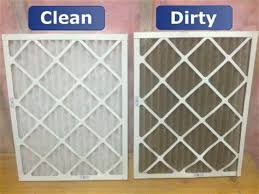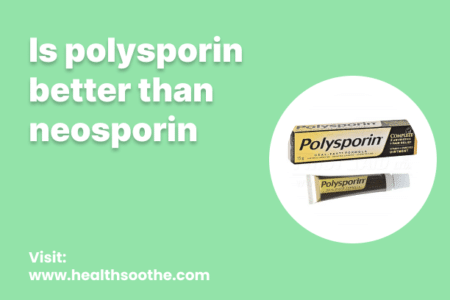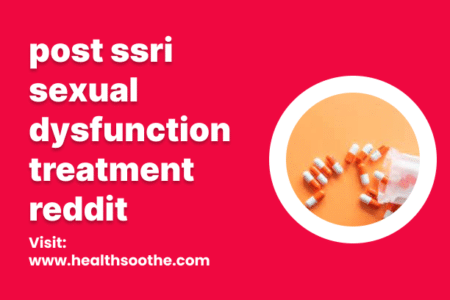Dirty air filters in HVAC systems pose significant health hazards and can compromise indoor air quality. Despite efforts by HVAC service providers to educate customers about the importance of regular maintenance, it is disconcerting to learn that many technicians still encounter excessively dirty air filters. We had the opportunity to speak with Emily Morosi, a representative from a renowned home service marketing agency, who shared valuable insights about this persistent issue. In this article, we will explore the health risks associated with dirty air filters in HVAC systems and emphasize the importance of proper maintenance.
The Impact of Dirty Air Filters on Indoor Air Quality
Maintaining clean and healthy indoor air is crucial for the well-being of occupants. However, dirty air filters in HVAC systems can severely compromise indoor air quality. These filters are designed to trap and remove airborne particles, including dust, pollen, mold spores, pet dander, and other allergens. When the filters become dirty and clogged, their efficiency diminishes significantly, allowing these contaminants to circulate freely throughout the living space.
The consequences of poor indoor air quality can be detrimental to health. Individuals exposed to polluted indoor air may experience a range of symptoms, including allergies, respiratory issues, aggravated asthma, coughing, sneezing, eye irritation, fatigue, and even headaches. Prolonged exposure to airborne pollutants can lead to more serious health conditions, such as chronic respiratory diseases, cardiovascular problems, and compromised immune systems.
The Impact of Dirty Air Filters on Indoor Air Quality
Maintaining clean and healthy indoor air is crucial for the well-being of occupants. However, dirty air filters in HVAC systems can severely compromise indoor air quality. These filters are designed to trap and remove airborne particles, including dust, pollen, mold spores, pet dander, and other allergens. When the filters become dirty and clogged, their efficiency diminishes significantly, allowing these contaminants to circulate freely throughout the living space.
The consequences of poor indoor air quality can be detrimental to health. Individuals exposed to polluted indoor air may experience a range of symptoms, including allergies, respiratory issues, aggravated asthma, coughing, sneezing, eye irritation, fatigue, and even headaches. Prolonged exposure to airborne pollutants can lead to more serious health conditions, such as chronic respiratory diseases, cardiovascular problems, and compromised immune systems.
The Role of HVAC Service Providers in Educating Customers
We spoke with Emily Morosi from a reputable home service marketing agency, who shed light on the efforts made by HVAC service providers to educate their customers about the significance of clean air filters. Despite these efforts, many technicians still encounter dirty air filters during routine maintenance or repair visits. This raises concerns about customers not fully understanding the health risks associated with neglecting air filter maintenance.
To combat this issue, HVAC service providers need to enhance their educational initiatives and emphasize the importance of regular air filter inspection and replacement. They should communicate the potential health hazards of dirty air filters, educating customers about the impact on indoor air quality and their well-being.
Health Risks Posed to HVAC Technicians
In addition to the risks faced by building occupants, dirty air filters also pose health hazards to HVAC technicians who work on these systems. When technicians handle and replace dirty filters, they can come into direct contact with accumulated pollutants, including mold spores and bacteria. This exposure increases the risk of respiratory infections, allergic reactions, and other health problems for the technicians themselves.
Proper training and the use of personal protective equipment (PPE) are crucial for HVAC technicians to minimize their exposure to harmful contaminants. HVAC service providers should prioritize technician safety by providing comprehensive training on handling dirty air filters and promoting the use of PPE, such as gloves and masks, during filter replacement procedures.
Dirty air filters in HVAC systems present significant health hazards that compromise indoor air quality and pose risks to both building occupants and HVAC technicians. Although HVAC service providers strive to educate customers about the importance of regular maintenance, it is disheartening to learn that many technicians still encounter excessively dirty filters. To address this issue, enhanced educational efforts, customer awareness campaigns, and improved maintenance practices are necessary. By prioritizing proper air filter maintenance, we can ensure healthier indoor environments and reduce the potential health risks associated with dirty air filters in HVAC systems.





